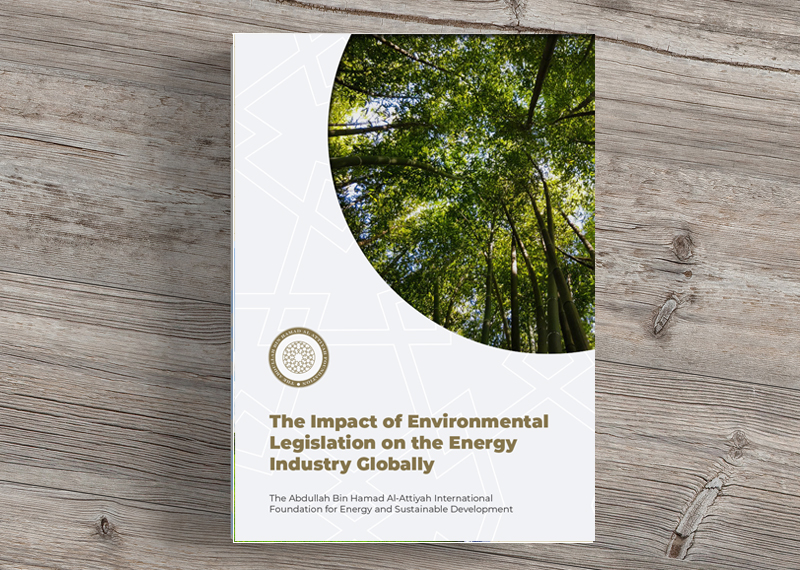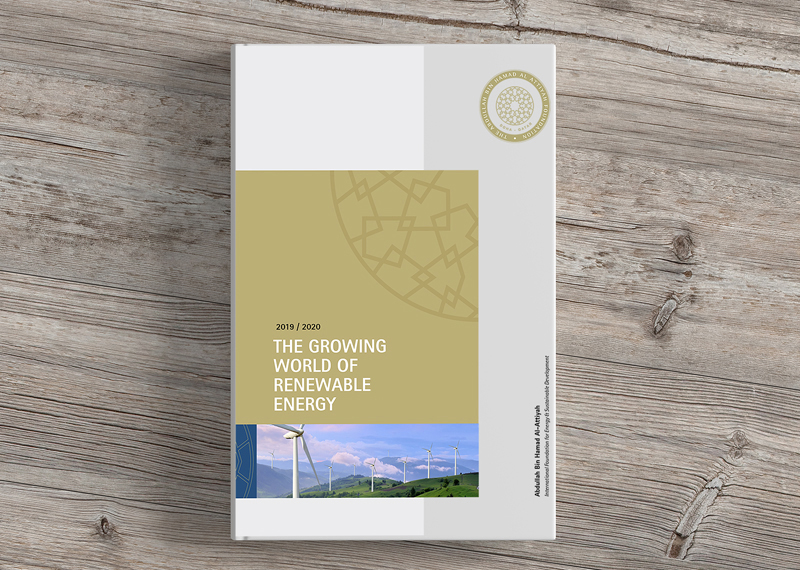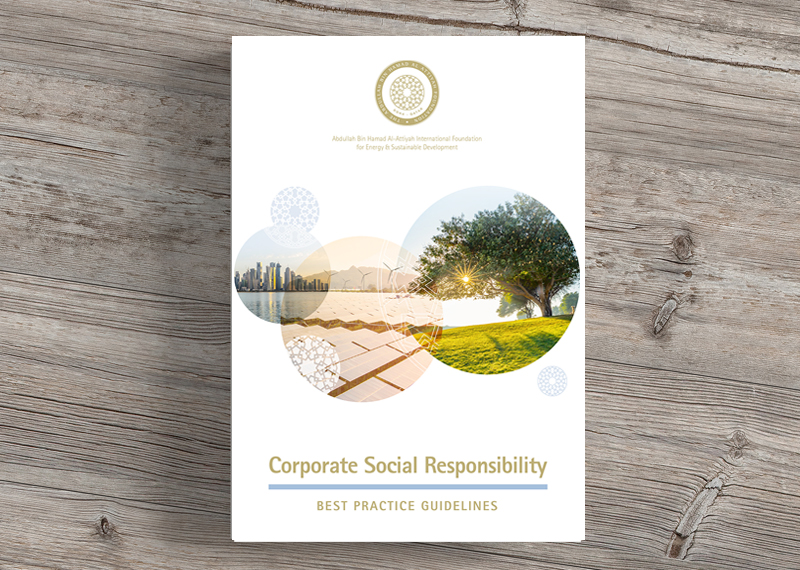Academic Books
2023
The Impact of Environmental Legislation on the Energy Industry Globally
The 2023 Academic Contribution examines the latest developments on environmental legislation as applicable to the energy industry. The book also explores participatory and bottom-up strategies through which energy operators worldwide can address the wide range of ESG risks arising from new environmental standards, by promoting efficient, safe, orderly, and environmentally responsible development of energy and natural resources over the entire life cycle of their operations. Overall, the book aims to: (i) provide a concise assessment of the emerging environmental laws and policies of major energy consuming and producing nations; (ii) analyse the implications of such environmental legislation on developments in the energy industry; and (iii) highlight how energy companies, policy leaders etc. can navigate the widening requirements of government institutions in a manner that reduces environment, social and governance (ESG) risks.
2021
Guidebook on ESG
This publication is an authoritative account of the benefits an Environmental Social and Corporate Governance (ESG) evaluation can bring to a companies’ stakeholders and, highlights the importance it now plays as investors consider the environmental impact of an organisation in their decision-making. The book, with case studies from numerous Al-Attiyah Foundation members, examines key drivers shaping the growing momentum on ESG, including increasing pressure from stakeholders; business profitability and competitiveness; demand from institutional investors and consumers; the quest to build good corporate reputation and relationship with customers and government regulations.
2019
The Growing World of Renewable Energy
This book provides authoritative information on renewable energy sources and reviews the driving forces behind the growth of this particular subsector of the energy industry.
The world is witnessing: increasing concerns about climate change; growing debate on economic transformation; market instabilities; technological advancements; demand by growing populations for transparency in business and governance; and the increasing quest for sustainable development.
In this context, the negative effects of using unclean and unsustainable energy sources, is brought into sharper focus and energy diversification is an important driver for fostering long-term sustainable economic development and green-growth.
2018
Corporate Social Responsibility Best Practice Guidelines
In line with the United Nations (UN) Sustainable Development Goal (SDG) 1, the world is challenged to eradicate extreme poverty by 2030 in a manner that is not harmful to the environment. Industrial activities and operations of private sector organizations have potential impacts on a range of areas covered by the UN SDGs. While different industries contribute to sustainable development in many ways, they face operational and environmental challenges on several fronts. The SDGs serve as a good blueprint for framing the corporate social responsibility (CSR) of companies wishing to capitalize on the positive benefits to society, while mitigating, in a meaningful way, the adverse impacts of their activities.



